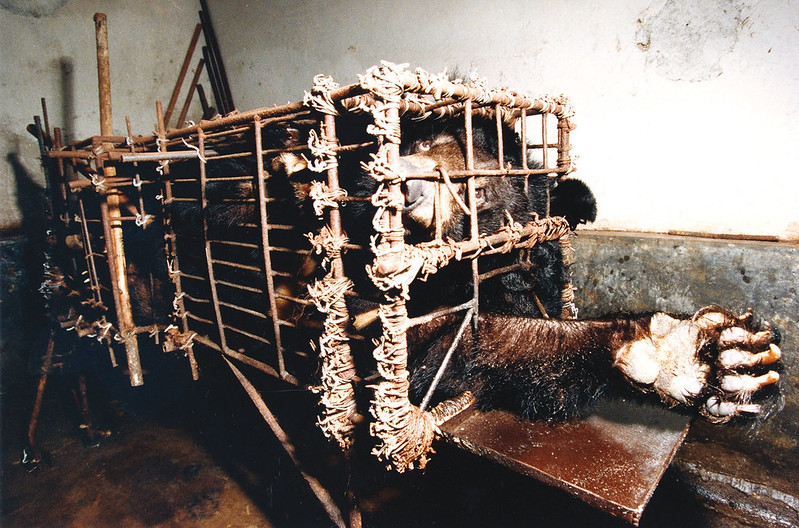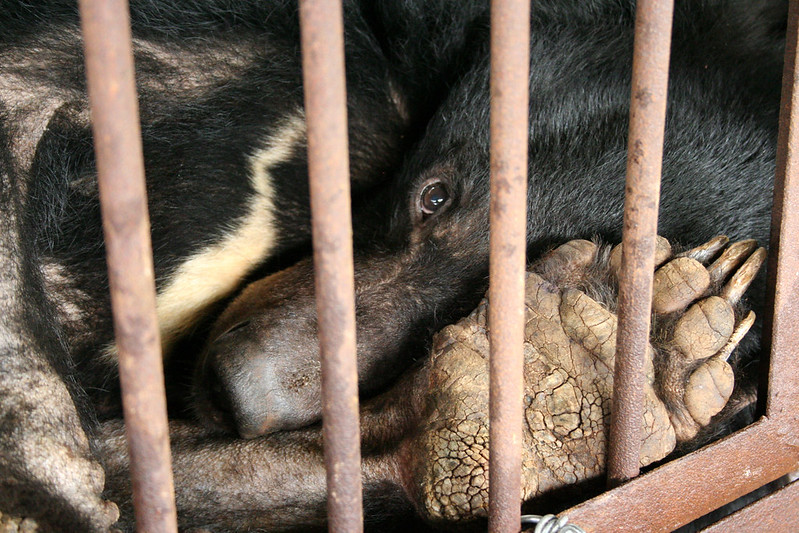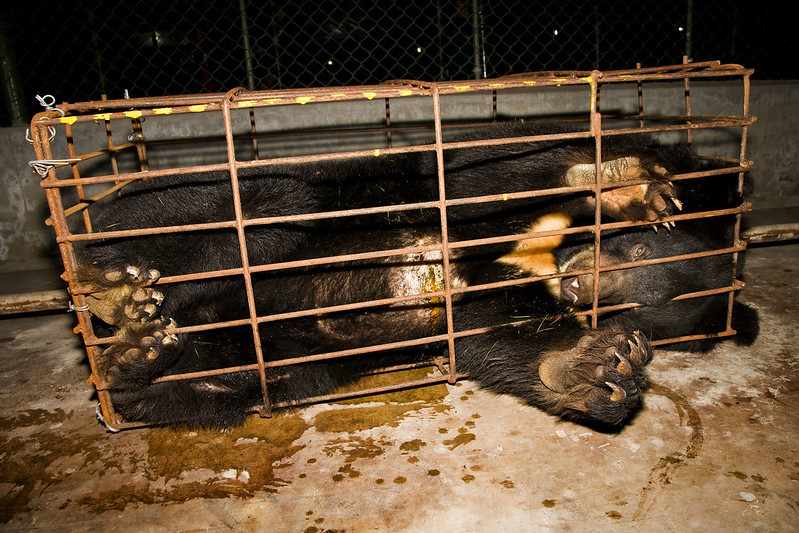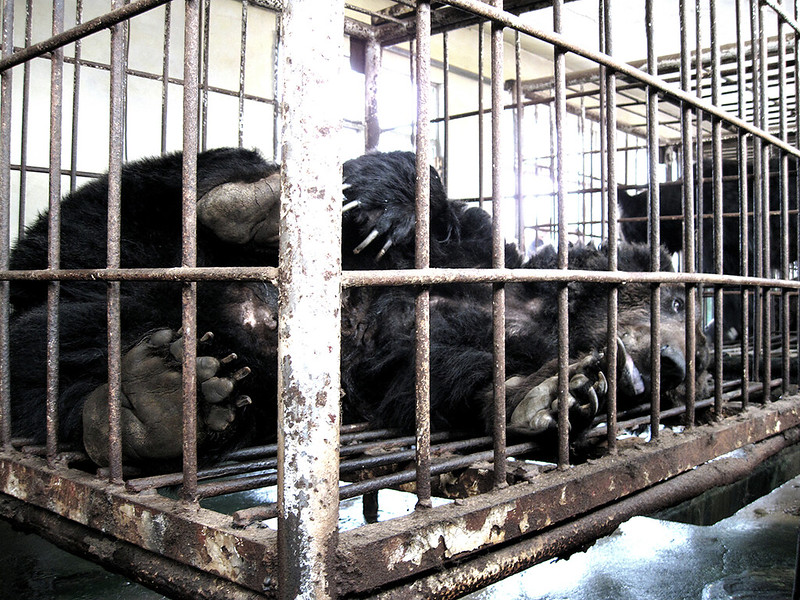Chinese politician publicly calls for complete end to bear bile farming
28 March 2018
Proposal urges China’s legislative body to follow the lead of Vietnam and Korea by pledging to completely end bear bile farming.
During the annual National People’s Congress meetings in Beijing – where new laws are proposed for the coming year – a representative from Hebei province submitted a proposal to end bear bile farming in China by 2035.
Shi Minghai is Vice President of the Buddhist Association of China and a member of the Hubei province’s National People’s Congress and his proposal will now be mulled over by fellow legislators who will decide whether to make it a reality.
According to Minghai’s proposal, China's cruel use of bears on bile farms has been widely opposed domestically but warned that despite a 2006 decision to no longer license new farms, illegal breeding and abuse still exists.
Animals Asia Founder and CEO, Jill Robinson MBE said:
“This proposal is very exciting and opens the door to a bear bile farm-free future for China. We cannot anticipate whether this proposal will be accepted, but it is very significant that the issue is has been raised at the highest levels of Chinese lawmaking and that the proposal has been allowed to go public.
“With at least 10,000 bears on farms, ending bear bile farming in China will be an enormously difficult task, but I have every faith that the modern China has the funds, the expertise and the will to do so.”
Minghai’s proposal claims that the medical effects of bear bile have been overstated by commercial institutions and urged medical practitioners to focus on synthetically synthesised versions which don’t include animal products.
He also made clear his belief that bear bile farming has failed to protect wild populations – a common claim by defenders of the industry.
South Korea and Vietnam are the other countries with major bear bile farming industries but both have made vows to wind down the practice.
In summer 2017, the Vietnamese government announced a legal partnership with Animals Asia which should see the remaining 1,000 bears rescued and sent to specialised sanctuaries by 2022, while the South Korean government has allowed all bears in captivity to be sterilised in order to end the cruel practice.
In his proposal, Minghai cited the example of both countries as a reference for China to follow.
If Minghai’s proposal is accepted, breeding will be banned by 2020, while every bear on every bile farm will be microchipped by 2022 when he also plans for the extraction of bile from live bears to be banned. According to his timeframe, the industry will be completely eradicated by 2035.
Another major indicator of changing attitudes toward bear bile farming in China was last week’s announcement by Chongqing’s food and drug administration that they have suspended the sale of some bear bile products in the southwestern city as punishment for false advertising.
Animals Asia has actively opposed the bear bile trade in China and Vietnam since 1998 and the charity’s founder, Jill Robinson MBE is considered a world authority on the issue since first investigating the industry in 1993.
To date more than 600 bears have been rescued - mostly from bile farms - by Animals Asia. Over 300 rescued bears currently enjoy cruelty-free lives in large outdoor enclosures at the charity’s sanctuaries in China and Vietnam.
BACK







